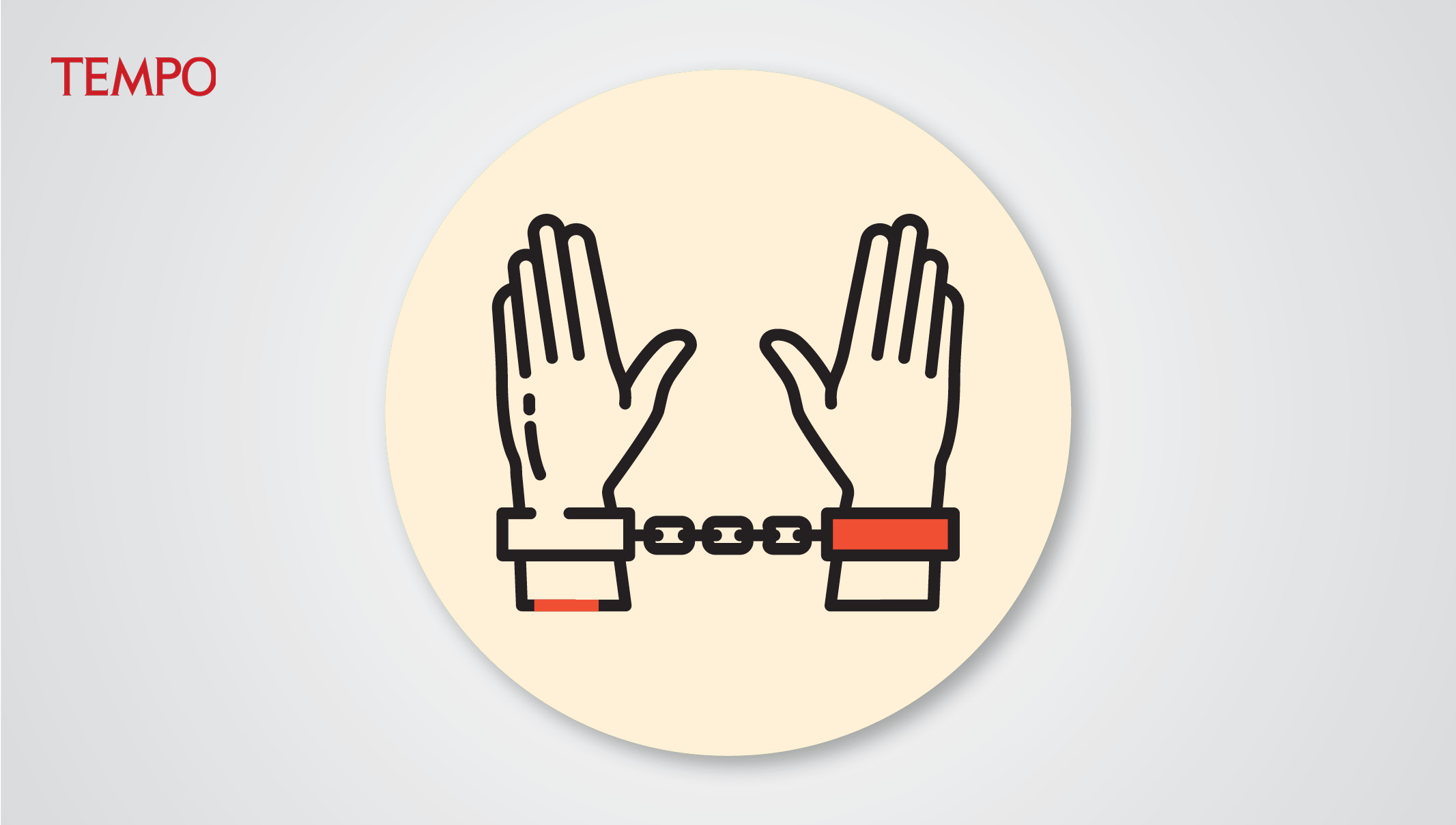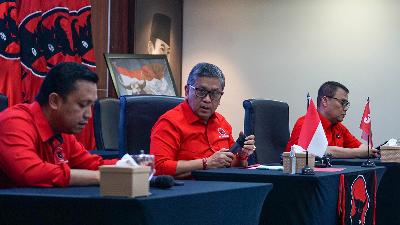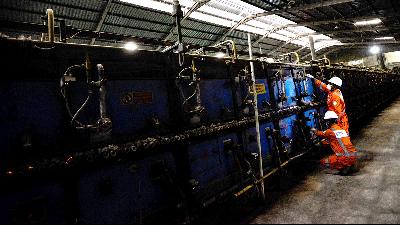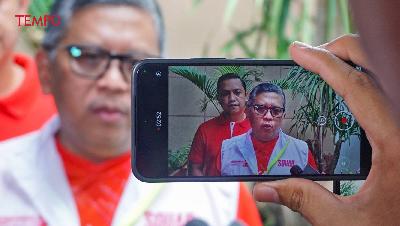Recurring Conflict in National Strategic Projects
Monday, January 6, 2025
Another bloody clash occurred on Rempang Island. The embers of conflict failed to be extinguished in national strategic projects.
arsip tempo : 174662863827.

CONFLICTS behind national strategic projects (PSN) present a hidden danger. Despite appearing calm on the surface, the fire of conflict could flare up anytime. The latest incident occurred on Rempang Island, Riau Islands, when workers of Makmur Elok Graha attacked local residents who rejected the Rempang Eco-City project on December 18, 2024. The clash left eight residents injured, from being hit by arrows to suffering broken bones.
This second clash in 2024 was triggered by Makmur Elok Graha workers who removed banners of rejection in Sembulang Hulu village. The banners represented residents’ objection to the project, which would displace them from their ancestral lands where they have lived for decades. Residents reportedly detained the company workers who removed the banners.
The Rempang Eco-City project includes the development of an industrial, trade, and tourism area covering 7,572 hectares, almost half the size of Rempang Island. Consequently, more than 1,000 families in 16 old villages are at risk of losing their homes. The majority of residents refused to relocate, even though around 190 families had already handed over their land to the Batam Development Authority (BP Batam). The residents’ persistent rejection has brought them face-to-face with the developer company and security forces.
The conflict in Rempang is just one example of the dark side of PSN. According to the records of the Agrarian Reform Consortium (KPA), from 2020 to July 2024, there were at least 134 conflicts in various PSN locations covering an area of 571,156 hectares, affecting the lives of more than 110,000 families. The National Commission on Human Rights also noted that PSN has become a source of new agrarian conflicts. Of the 1,675 cases of human rights violations recorded until the end of 2023, 535 were related to PSN.
One of the root causes of conflict in many regions is the implementation of the Job Creation Law that was passed in October 2020, amidst strong opposition from various elements of civil society. Despite being declared conditionally unconstitutional by the Constitution Court, the law was re-enacted in 2023. In addition to sacrificing the environment in the name of investment, this law legitimizes the eviction of residents from areas designated as PSN locations.
The government and developers often use the narrative that PSN is needed to spur economic growth and create jobs. In the case of Rempang Eco-City, the developer promised an investment of Rp381 trillion and 306,000 jobs by 2080. However, like in most PSN locations, these claims are often not reflected in reality.
Developers tend to exaggerate the potential for labor absorption in order to attract support from the government. The fact is, many residents lose their jobs due to relocation, while the potential for new employment remains just wishful thinking. KPA data show that 115 conflicts in PSN areas have resulted in 85,555 farmers losing their jobs.
Given the high potential for agrarian conflicts and uncertain economic benefits from PSN, Prabowo Subianto’s government should evaluate all the problematic projects inherited from the Joko Widodo administration. There is no point in waiting for conflicts to erupt one after another, claiming more and more victims. Unfortunately, there has been no serious effort from the Prabowo administration to extinguish the embers of conflicts, let alone stop these problematic projects.











